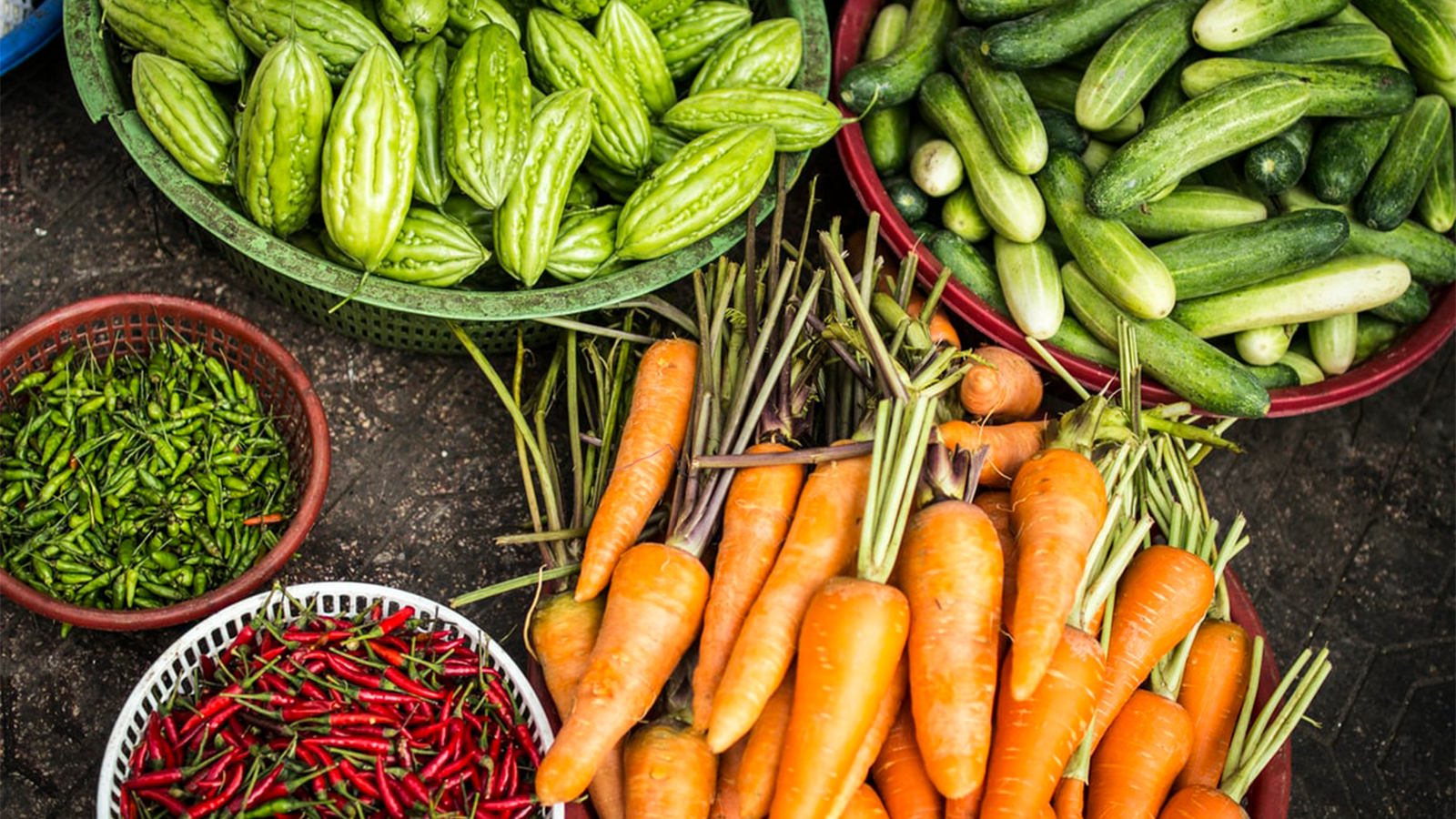Floridian company, The Mosaic Company recently partnered with BioConsortia, Inc., based in Davis, California to develop a wide range of nitrogen fixing microbial product offerings for crops grown in China, India, Thailand and Vietnam.
“After the success we saw in lab, greenhouse and field trials last year, we are thrilled over the potential to offer these products to our customers in Asia markets,” Kim Nicholson, Mosaic vice president ag technology and innovation, strategy and growth, said.
BioNitrogen fixing microbial products naturally convert atmospheric nitrogen into ammonia. The method has become increasingly accessible to growers, aiding their effort to reduce their dependence on synthetic nitrogen fertilizers. The components help minimize the use of synthetic nitrogen fertilizers on crops, such as corn, wheat, rice, fruit and vegetables, and increase their crop yields. The microbes also serve as seed treatments in-furrow for row crop, and a drip irrigation system.
“Our growers have asked for easy-to-use and cost-effective alternatives to synthetic nitrogen fertilizers that can increase their productivity and profits,” Nicholson said.
The project serves as an extension of a previous collaboration the two companies launched in the Americas in late 2020, also prioritizing the development of nitrogen fixing products, a recent press release explains. After a year of success at its lab and greenhouse in North America, the companies have expanded to the Asian market, using Mosaic’s existing direct go-to-market operations as a base.
“Mosaic has demonstrated they are an outstanding partner,” Marcus Meadows-Smith, BioConsortia CEO, said. “They have an exceptional team that understands crop nutrition and have a commitment to develop and fully exploit our nitrogen fixing microbes. We are very excited to expand our collaboration to these key Asian markets. We are certain Mosaic will do a fabulous job.”
Nearly half of total synthetic nitrogen fertilizers are inevitably lost amid the environment. The products’ energy-intensive production process helps contribute 5% of CO2 emissions, serving as a healthier alternative for both, growers and consumers.
“At Mosaic, our mission is to help the world grow the food it needs, so this is another step in helping us do just that,” Nicholson said.

